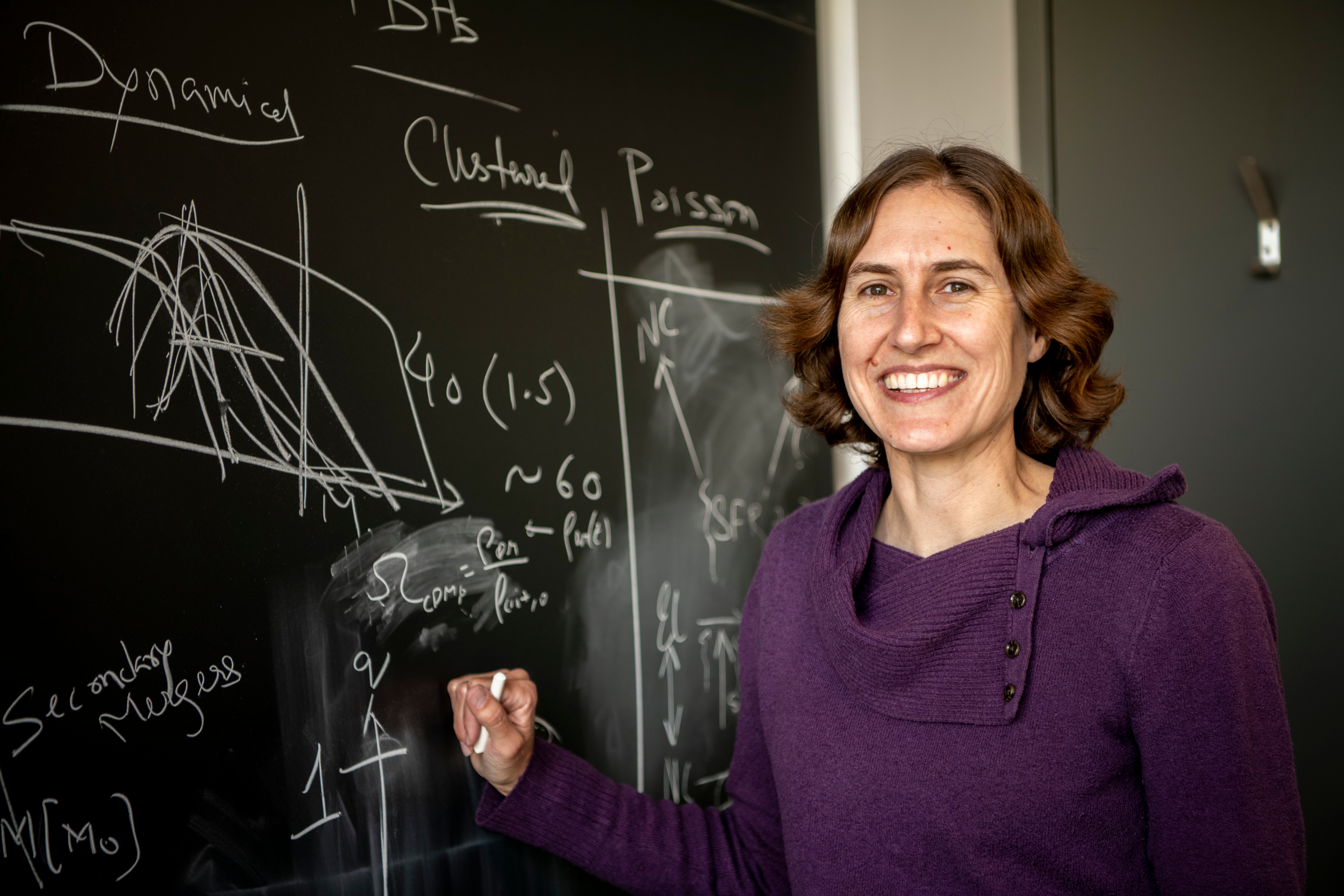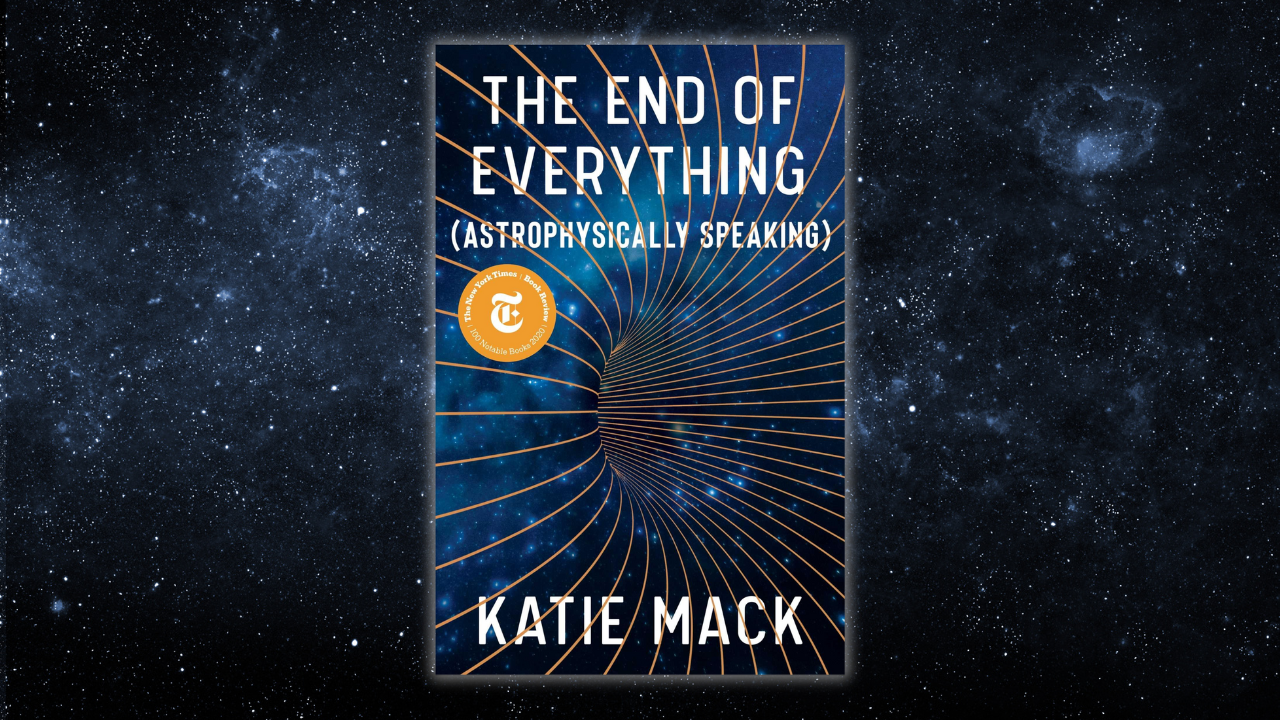How will the universe end? What is the latest news from the search for dark matter? And how do science and art intersect? Katie Mack, Hawking Chair in Cosmology and Science Communication at Perimeter Institute, is coming to Australia this summer to explore these topics and more at a series of six events open to the public.
Most of the events are free, and you can find the full schedule, with locations and ticket information, at the Space Australia website.
Each event is unique – Mack will participate in panel discussions about science communications, an informal ‘Science in the Pub’ panel, and public lectures on her favourite topic: the end of the universe. She’ll also team up with poet Alicia Sometimes to explore connections between science and art.
As a cosmologist, Mack spends her days asking some of the biggest questions about the universe, how it evolved, and what it is made of. She is also a noted science communicator and author of a critically acclaimed popular science book, The End of Everything (Astrophysically Speaking). For Mack, sharing her science with the world is just as important as doing the research itself.
“We physicists are lucky enough to spend our time contemplating the ultimate questions about the nature of reality. For me, personally, I am passionate about doing public outreach because I can't contain my excitement about everything I'm learning,” she says. “I also think that, as a field, we have a responsibility to make what we learn available to the public at large. Human societies all around the world have determined that it's worthwhile to put some of our resources toward a better understanding of how the universe works, but it's only a good investment if that information is made available. This doesn't mean that every physicist should be going out and giving talks, but some of us definitely should, and I'm thrilled that my position at Perimeter allows me to be one of them!”
Tickets for all events are available now. Make sure to book them early, as space is limited.
About PI
Perimeter Institute is the world’s largest research hub devoted to theoretical physics. The independent Institute was founded in 1999 to foster breakthroughs in the fundamental understanding of our universe, from the smallest particles to the entire cosmos. Research at Perimeter is motivated by the understanding that fundamental science advances human knowledge and catalyzes innovation, and that today’s theoretical physics is tomorrow’s technology. Located in the Region of Waterloo, the not-for-profit Institute is a unique public-private endeavour, including the Governments of Ontario and Canada, that enables cutting-edge research, trains the next generation of scientific pioneers, and shares the power of physics through award-winning educational outreach and public engagement.

